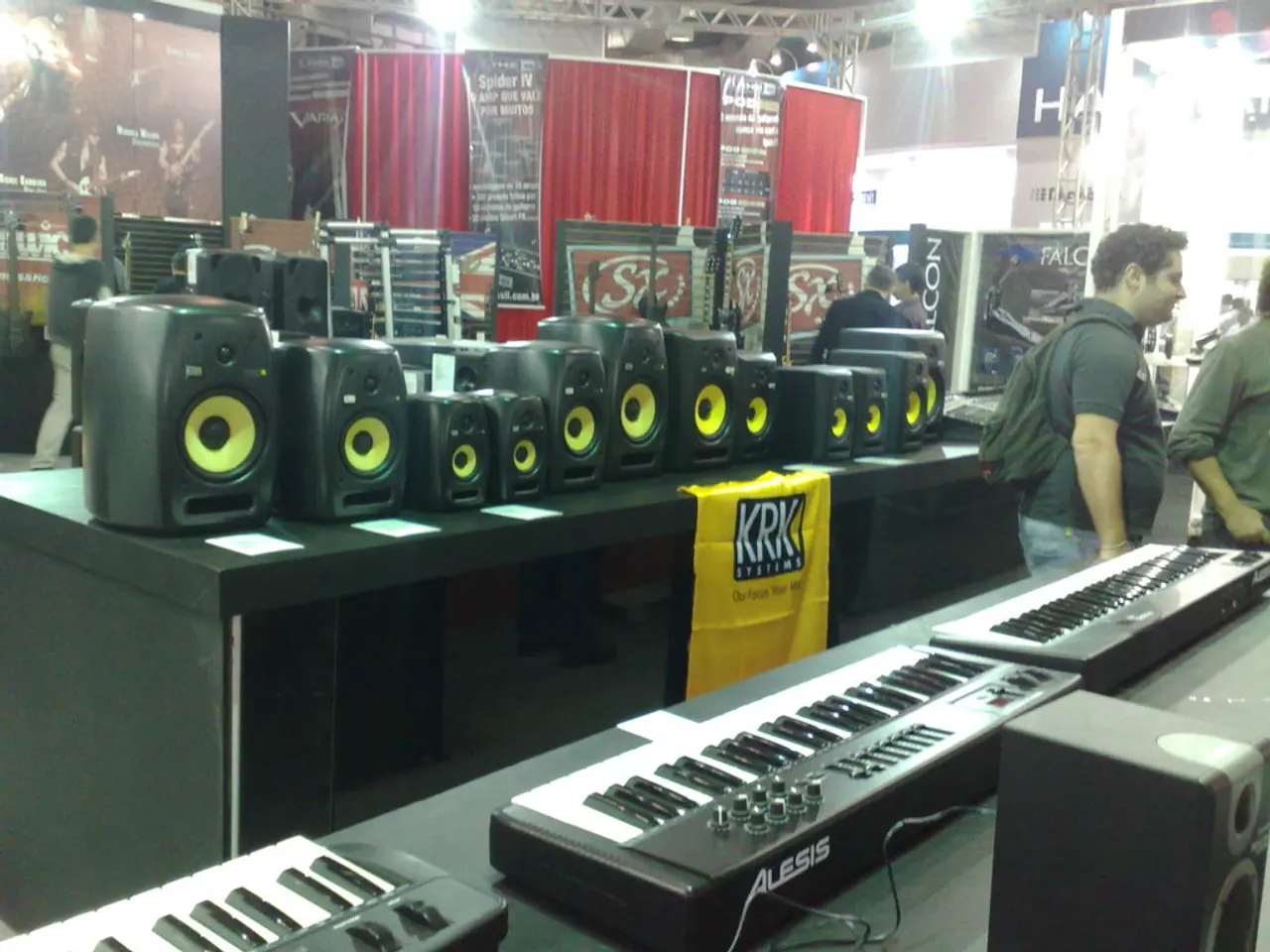California Indigenous Casino Operators Experience Legal Defeat in cardroom Dispute
California Cardrooms and Tribal Casinos in a Legal Battle Over Banked Games
The ongoing legal dispute between California's tribal casino operators and state-licensed cardrooms has taken a significant turn, with the Sacramento Superior Court dismissing a lawsuit brought by several tribes against cardrooms.
Current Status
The court ruled that the federal Indian Gaming Regulatory Act (IGRA) preempts the California law that allowed tribes to sue, meaning state courts lack jurisdiction to hear the matter. The tribes, empowered by Senate Bill 549, passed in 2023, to sue cardrooms for allegedly offering illegal banked games, have faced challenges in their attempts to enforce their exclusivity over these games.
The Dispute
The current lawsuit centers on the offering of blackjack and baccarat, games that the tribes claim they have the exclusive right to offer according to state law. The cardrooms, however, maintain their operations are legal and have always complied with state regulations.
The Cardroom Model
The cardroom model has its roots in California's Gold Rush saloons of the 1800s. Today, California cardrooms are licensed, regulated gaming establishments that offer card games, such as poker, for public play. Unlike tribal casinos, California cardrooms do not have slot machines or true house-banked table games. Instead, they generate revenue by charging a rake or fee from each hand or player.
Regulation and Third-Party Proposition Player Services
The California Gambling Control Commission and local authorities regulate cardrooms to ensure compliance with state laws. However, California cardrooms are accused of bypassing these rules by hiring outside companies known as third-party proposition player services to serve as the banker.
The Future Landscape
This case could set a significant precedent for the future landscape of California's gaming industry, affecting both tribal exclusivity and the economic well-being of cities reliant on cardroom tax revenue. With the next hearing scheduled for October 10, 2025, both parties are expected to continue their fight, each advocating for their respective interests.
Tribal Response
Tribal operators have stated they will continue to fight, insisting the legal authority granted by SB 549 should not be superseded by federal law for games offered off tribal lands. They argue that the judge misinterpreted the law and stress that SB 549 was specifically enacted so tribes could challenge what they see as the unlawful expansion of cardroom gaming.
California cardrooms, on the other hand, maintain their operations are legal and vital sources of revenue and jobs for many local communities. They emphasize their focus on social, head-to-head card play, making them distinct from typical casino gaming.
As the legal battle unfolds, both sides will need to navigate the complex interplay between state and federal laws to determine the future of gaming in California.
Read also:
- Elon Musk praises JD Vance's debate performance against Tim Walz
- Life's Uncertainty Confirmed in Tottenham Report: What's Always Guaranteed?
- NFL Transfers Ownership of NFL Network and Related Media Properties for a 10% Equity Share in ESPN
- Contemplating Construction of Two Casinos Outside Atlantic City, New Jersey








